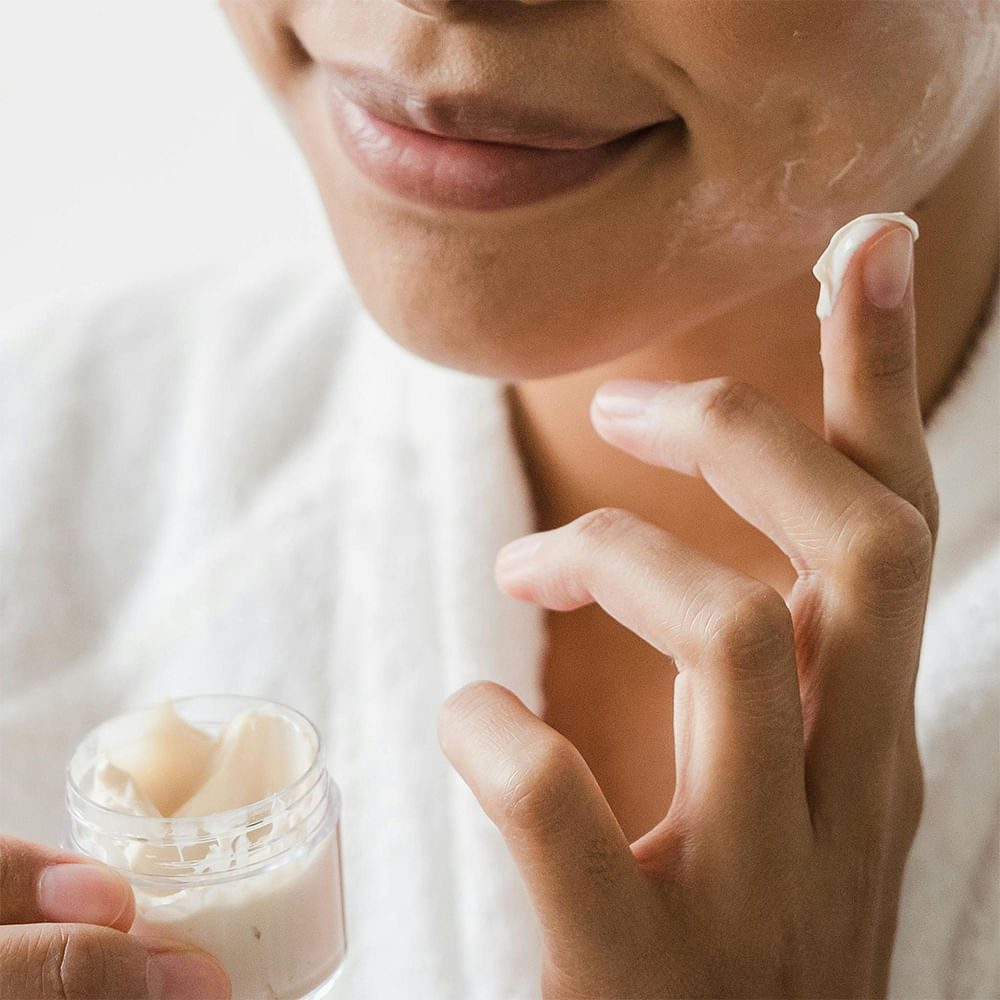Night Skincare Routine For All Skin Types To Always Get Your Beauty Sleep
Overview
- 1. Oily Skin
- 2. Dry Skin
- 3. Sensitive Skin
Oily Skin
Step 1: Cleanse
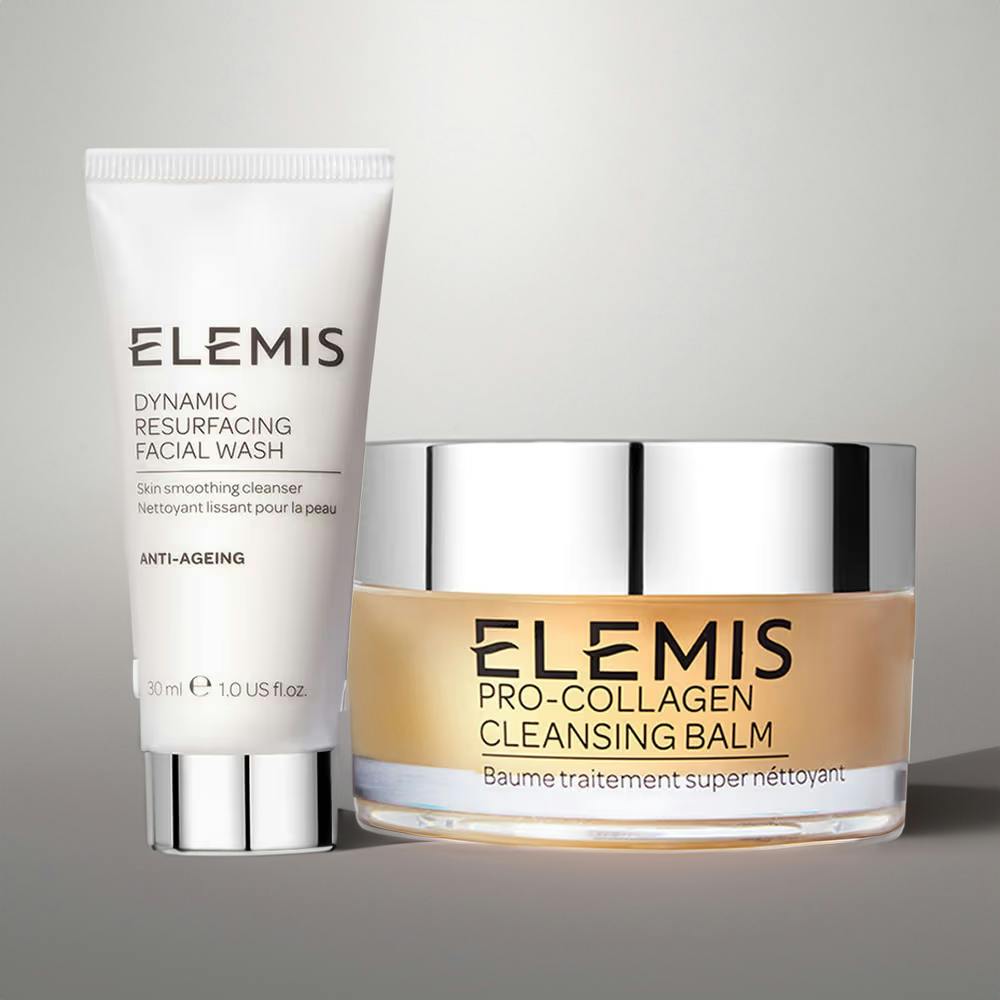

The first step in any proper night skincare routine is to remove all of your makeup. This step means removing your foundation, concealer, bronzer, mascara and even your sunscreen—all of it! Leaving your makeup on overnight is one of the worst sins you can commit because it can lead to clogged pores and breakouts. Same goes for excess sebum and dirt building up in the pores all day long so we need to wash all the nasties away. The best way to go forward for oily skin is to double cleanse with a cleansing balm that grabs on to all the build-up and following it with a water-based or foaming cleanser to leave your skin fully clean.
Step 2: Exfoliate
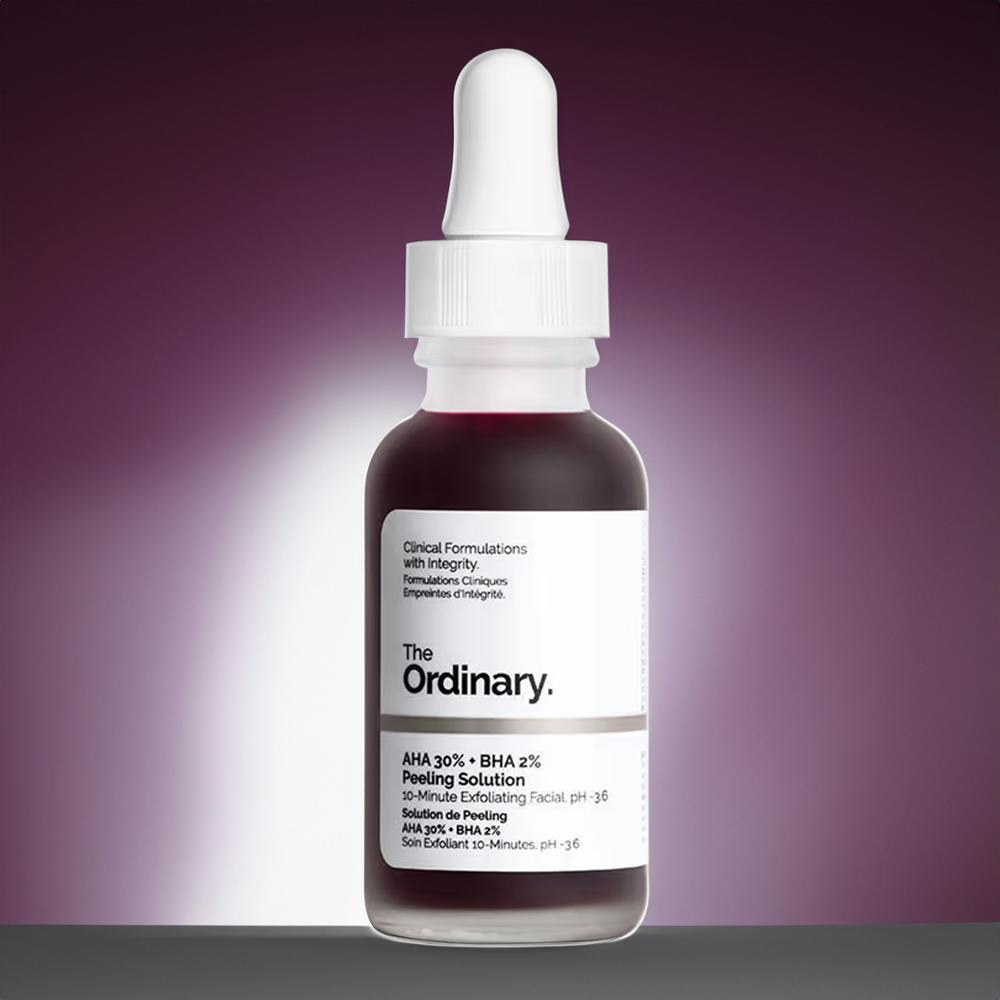

Oily skin is often accompanied by large pores that can easily become clogged with dead skin cells and other materials (say dirt, pollution and oils excreted by the skin). Using an exfoliator regularly can help improve oily skin by giving it that much needed exfoliating action and in turn helping with the skin's texture. Do make a note that using chemical exfoliants is the new norm so keep those harsh walnut face scrubs away! Either go for an exfoliating toner with ingredients like niacinamide, salicylic acid or willow bark, or an exfoliating peel solution with AHAs and BHAs like the OG The Ordinary AHA BHA Peeling Solution.
Step 3: Moisturise
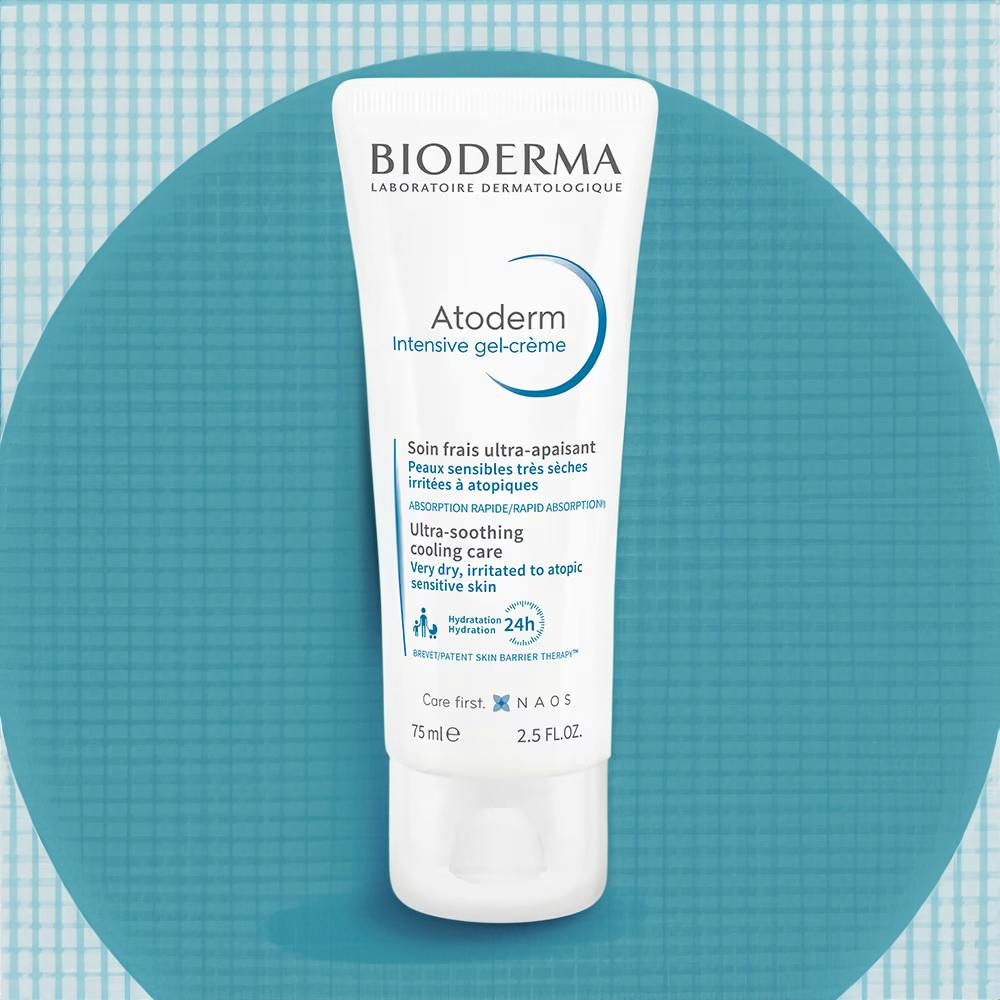

You need to moisturise your skin, especially after using an exfoliant to prevent dryness that can further cause excess sebum production. Not moisturising your skin to avoid it from turning oily is one of the biggest myths in the skincare world. Instead, opt for a light, gel-based moisturiser that doesn't clog the pores and is non-comedogenic so that all your hard work is sealed without making the skin an oil well.
Dry Skin
Step 1: Cleanse
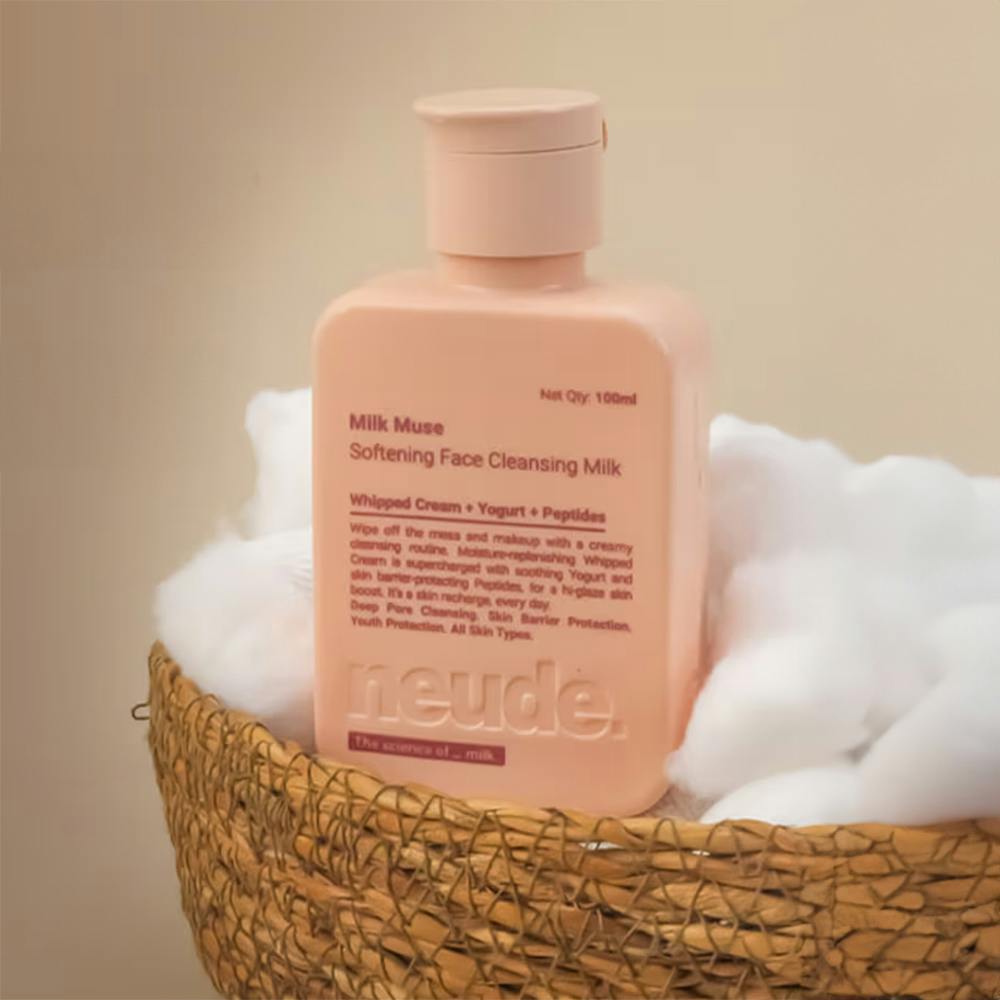

Go for a gentle oil, or milk cleanser in the evening to remove all that dirt and makeup after a long day, and a gel cleanser for washing your face in the morning. You too can double cleanse with creamy or oil-based cleansers, which are also great at night to wash away makeup and daily pollution but avoids cleansers with exfoliating ingredients. Instead, make humectants like hyaluronic acid your bestie.
Step 2: Hydrate
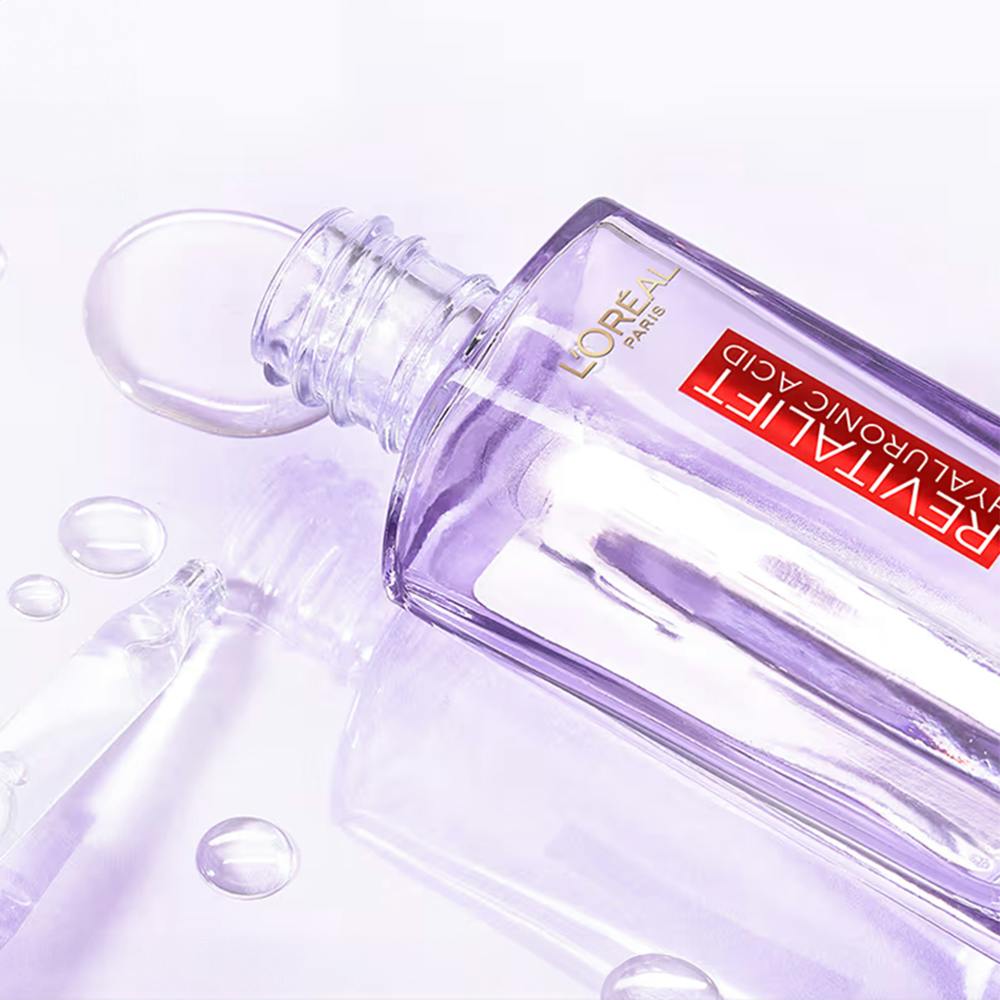

A nighttime serum is great for getting more hydration for dry skin. Again, choose hydrating serums with niacinamide, hyaluronic acid, vitamin E, peptides, or ceramides. These ingredients moisturise and repair dry skin after a long day. Also, since dry skin tends to look dull and lifeless, the serum would further boost plumpness to the skin to make it look more youthful.
Step 3: Moisturise
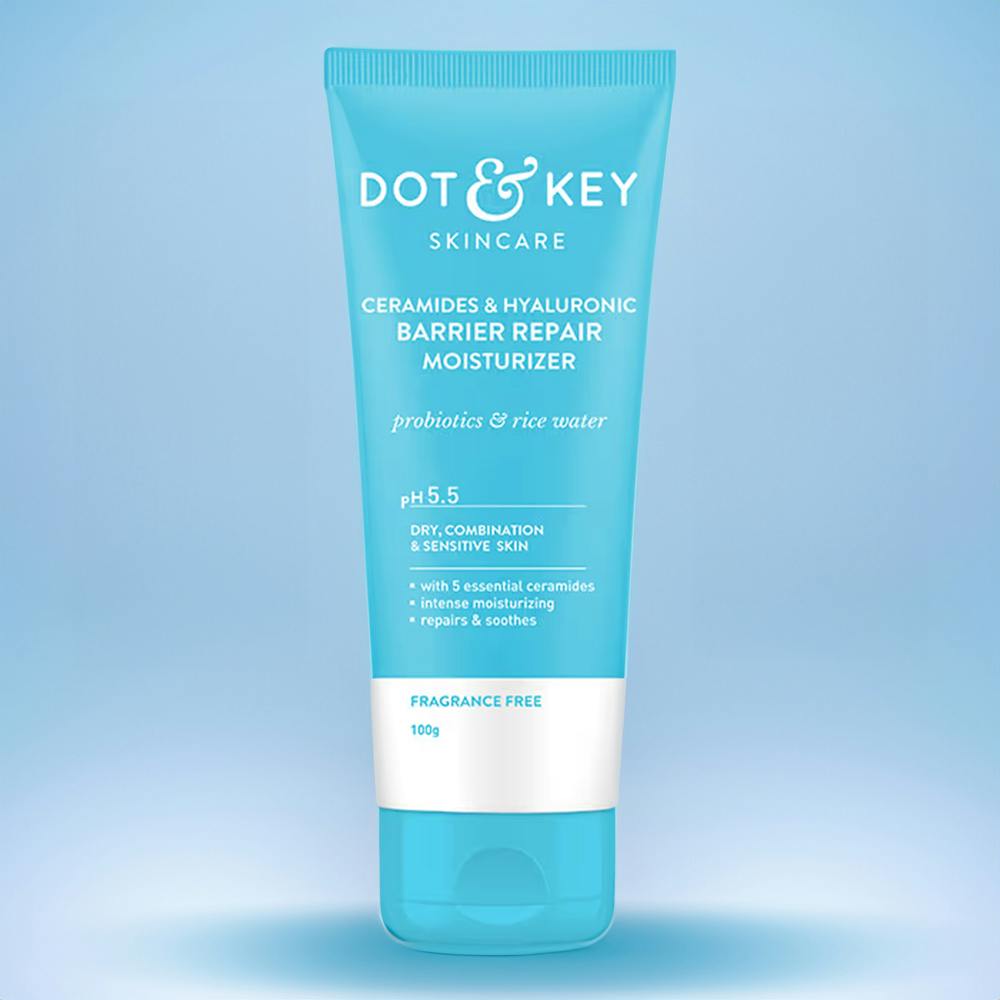

Moisturising with an action packed formula is a must for dry skin since it can turn even more dry during winters and even in the summers with your air-conditioning blasting cool air. You can stick with your daytime moisturiser or use a heavier night cream if your skin is as dry as the Sahara desert (not literally). Night creams are ideal for repairing the skin and have a very thick consistency that dry skin loves. To really help add more moisture at night, look for night creams with hyaluronic acid, rose water and glycerin.
Sensitive Skin
Step 1: Cleanse
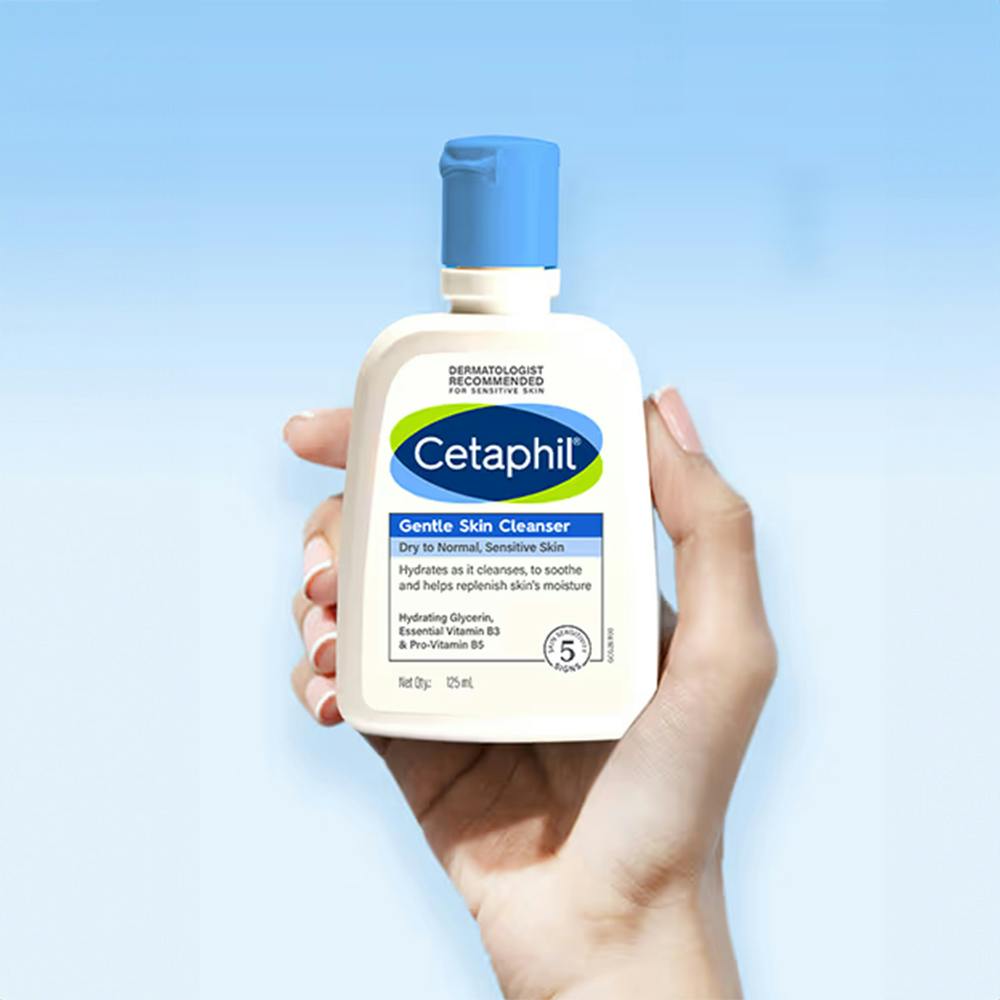

Cleansers are a necessary part of an effective nighttime skin care regimen as they are meant to get rid of the grime, debris, dust, or excess oils off the face while also maintaining the health of the skin barrier. For sensitive skin, look for one that is gentle and not too abrasive for the skin. Also, fragrance is a no-no for sensitive skin.
Step 2: Treat
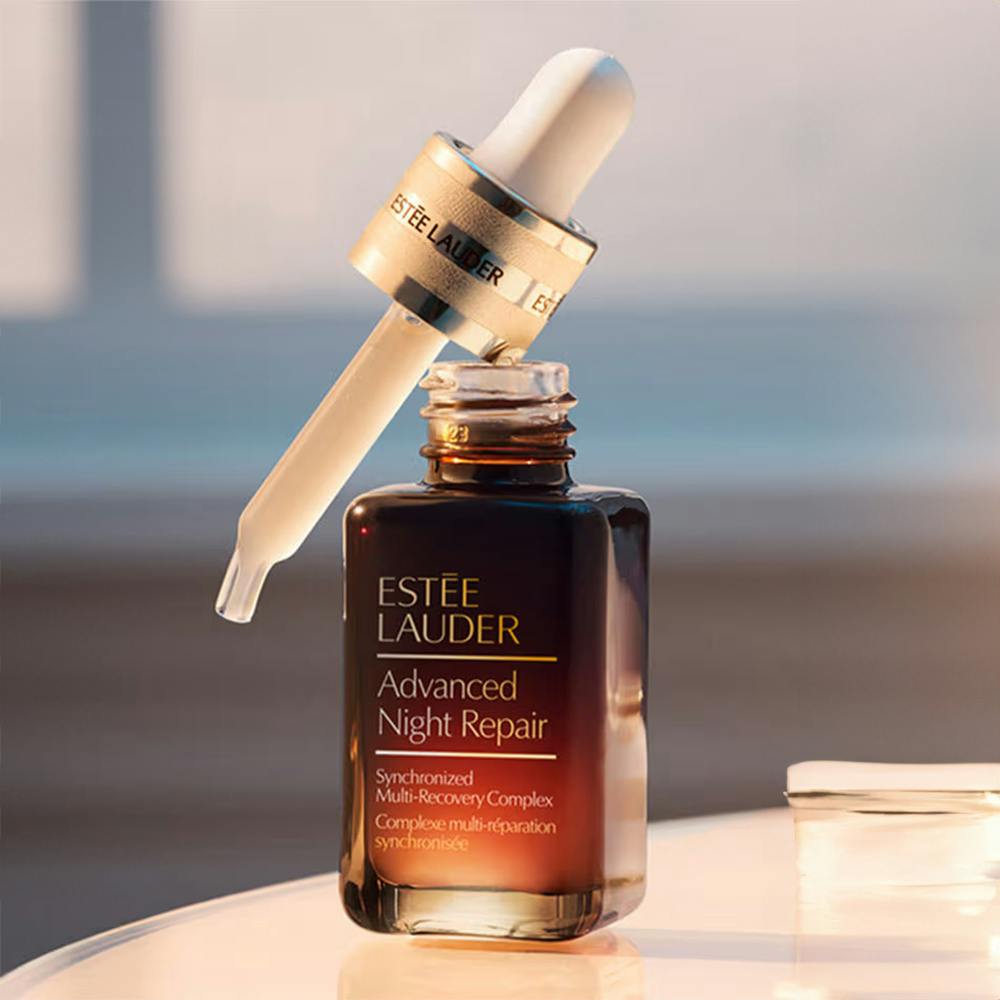

Choose a serum that has calming and hydrating ingredients. If you have acne prone skin, go for one with salicylic acid or niacinamide. If you have extremely parched skin, make hyaluronic acid your bestie, and if you are looking for an all-rounder that helps with rejuvenation, look for a formulation that does it all, like the Estee Lauder ANR.
Step 3: Moisturise
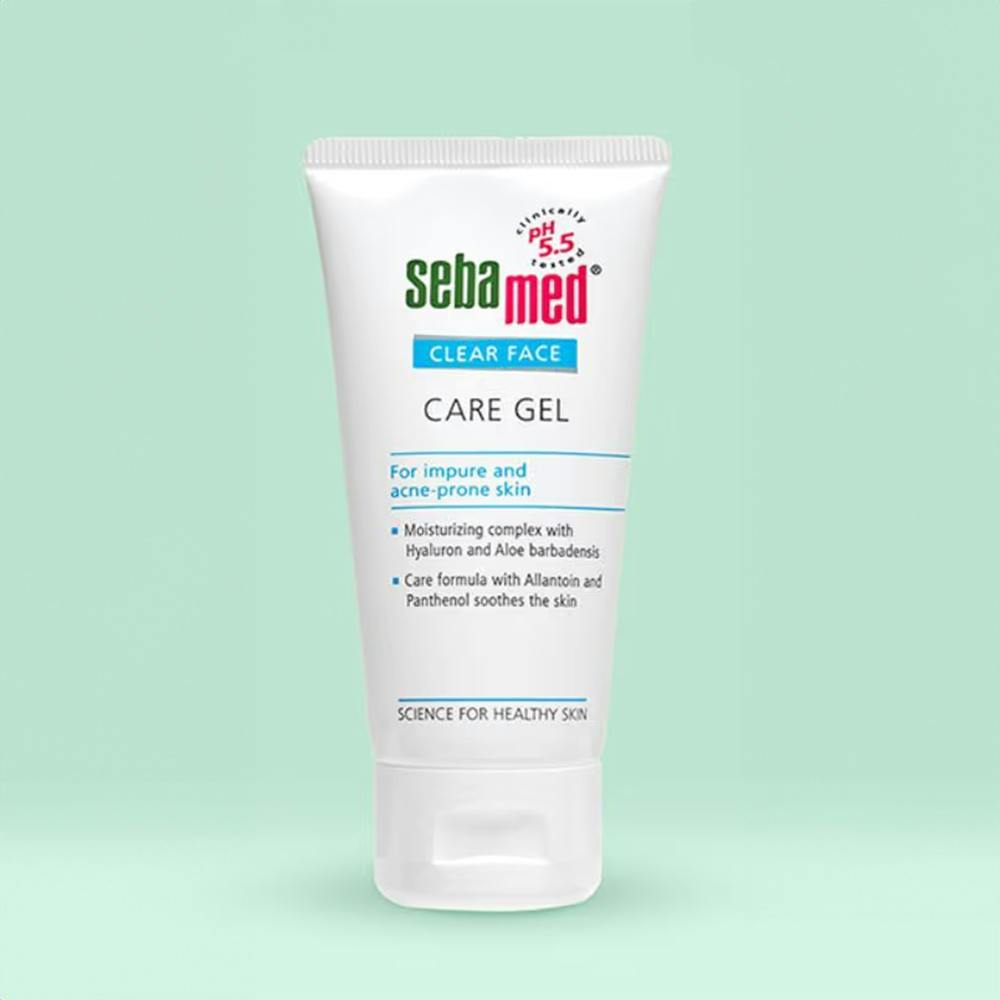

Like cleansers, you must be a little picky about moisturisers for sensitive skin. Moisturisers lock moisture in the skin, improving the skin’s hydration and making your skin smooth and soft. Select a lightweight or gel-based moisturiser for oily skin and a noncomedogenic moisturiser for acne-prone skin. Moreover, opt for hypoallergenic and fragrance-free moisturisers as they can keep your skin hydrated without irritating it.

